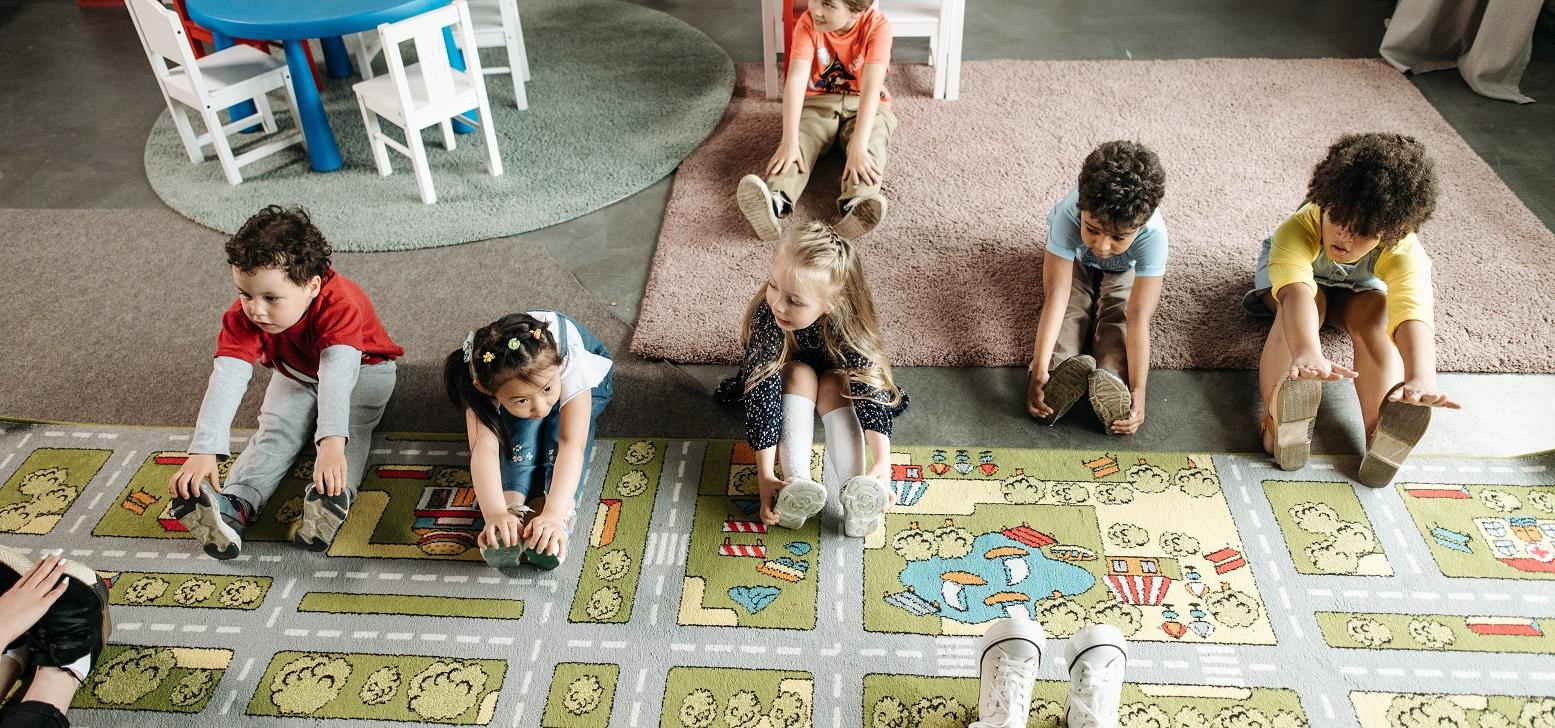


Will Yoga help Children with Disabilities?
19 June 2023
In the past, kids with disabilities would struggle as there were few options or avenues for them to socialise with other children. Today, there are many ways to engage children with such needs.
Benefits of yoga
One activity where they are more than welcome, and where they can actually benefit, is yoga. Not only is yoga good for them from a physical perspective, but it has a host of mental and social benefits as well. Yoga is good for children with special needs since it teaches them how to deploy strategies to remain calm and collected. Read on, as we delve deeper into how yoga can help children with physical and learning disabilities.
Children who have special needs due to various conditions - such as Autism, ADHD, Down Syndrome, and Cerebral Palsy - can all take part in yoga classes that have been specially prepared for them. These classes are designed to provide an environment where they can be themselves without reservations, yet still teach discipline, self–control, and respect for others.
Improved body awareness
Yoga is excellent for children with learning difficulties since it improves body awareness. Children with disorders that may impact them physically can have compounding negative impacts. It may not be felt right away, but by the time they are in their teenage years, it becomes more difficult to adjust their routines. While they are still kids, these children should be involved in sports and athletics as much as possible to build good habits. For obvious reasons, these cannot be high-impact sports where they could really hurt themselves. This is exactly why yoga is a great option - you can even send them at an early age. Improving a child’s body awareness is vital in their total development as they grow to adulthood.
Focus and concentration
Yoga is also really good for improving focus and concentration. One thing these children may struggle with, especially those with ADHD, is the ability to focus and maintain composure in certain situations. Yoga is particularly helpful in this aspect of the child’s development since it stresses the importance of relaxation, focus, and concentration. They will learn to time their breathing, practice relaxation techniques, and even learn to maintain composure in situations where they may be exposed to stress.
What to check before they start
You must remember though that there are a few things to consider before sending your child with special needs to a yoga class. Make sure to check with your child’s doctor and get permission that it’s safe for your child to do so. If allowed, you might need to have a detailed conversation with the yoga studio. Let them know your child’s tendencies, preferences, weaknesses, and strengths. Children with Cerebral Palsy may have to go at a slower pace, but they are definitely not excluded from participating in special yoga classes, and many parents have expressed delight in their decision to go for it and sign their kids up.
If you are still on the fence regarding Yoga classes for your child with a disability, don’t worry. It is completely understandable to feel doubtful. However, the benefits of Yoga for kids with physical and learning difficulties have been proven over time, are backed up by science, and are corroborated by the stories of many happy parents!
